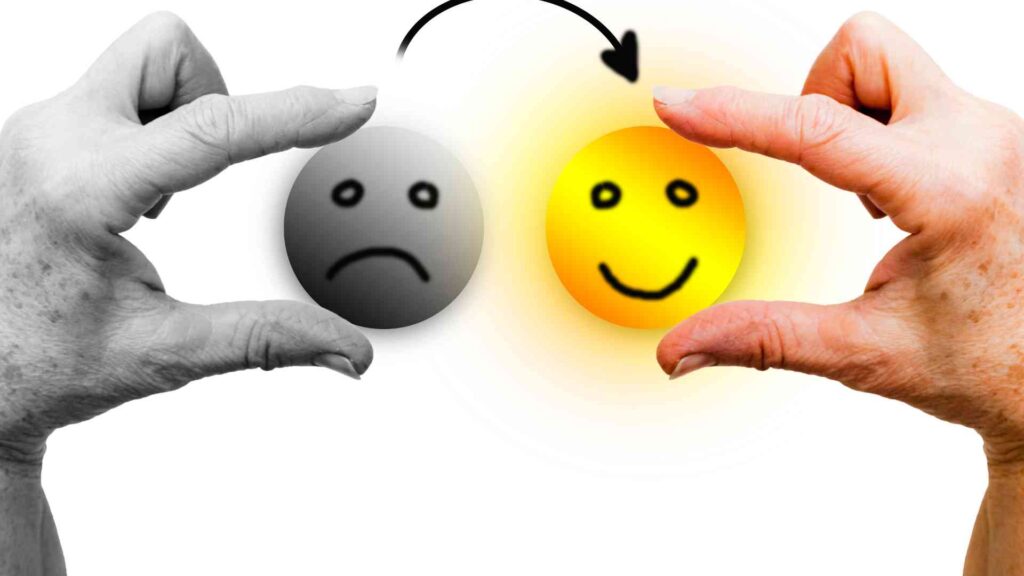Discover comprehensive information for all aspects of sexual health and find resources and guidance to empower your sexual well-being.
Erectile dysfunction (ED) is a common condition that affects men of all ages, impacting their…
Discover comprehensive information for all aspects of sexual health and find resources and guidance to empower your sexual well-being.
Erectile dysfunction (ED) is a common condition that affects men of all ages, impacting their…
Achieving and maintaining a strong penile erection is a common concern for many men. It…
Prostate health is a critical concern for men, especially as they age. The prostate gland…
Erectile dysfunction (ED) means having trouble getting or keeping an erection that’s good enough for…
The International Society for the Study of Women’s Sexual Health describes Hypoactive sexual desire disorder…
The underlying cause as well as the severity of pain determine the varied treatment approaches…
Commitment issues can often manifest in romantic relationships, work, and other personal or professional spheres.…
Many psychodynamic theorists, including Freud, believe that the unconscious mind holds thoughts and emotions that we find too distressing to face or that conflict with our moral and ethical beliefs, thus harming our self-perception.
Essentially, we choose not to be aware of what’s in our unconscious because if we wanted to know, it wouldn’t be unconscious.
How do we avoid dealing with the parts of ourselves we find difficult? And why are some aspects of our character hidden from us while others are apparent to others?
This is where the concept of psychological defense mechanisms, also known as defenses or psychological defenses, becomes significant.
Table of Contents
TogglePsychological defense mechanisms are unconscious psychological strategies that protect us from anxious thoughts and feelings that we don’t want to deal with. These behaviors are learned to rely on in times of stress.

The discussion of defense mechanisms was started by Sigmund Freud in the nineteenth century and later analyzed by his daughter, Anna Freud, in the twentieth century.
Freud said that when placed in a situation that threatens our self-esteem or morals, we are likely to resort to defense mechanisms for protection. They are the unconscious thoughts and behaviors that we employ to alleviate the conflict between the id and the superego.
Our defense mechanisms refer to the hidden techniques we use to keep undesirable thoughts and emotions out of our consciousness.
In this post, you’ll learn more about some common types of defense mechanisms. By recognizing and identifying them, one can improve their self-awareness and gain an understanding of their own behaviors.
Related: Freud’s Id, Ego, and Superego
Defense mechanisms aren’t inherently bad. In fact, they’re necessary and useful. They allow us to navigate painful experiences or channel our energy more productively.
Some mature mechanisms may help one face anxieties and distressful situations for example one might use humor at a part to dodge an awkward question.

The problem, however, arises when they become too deeply entrenched and prevent us from accessing important emotions we need to face.
Through the redirection or distortion of our intense emotions, our defense mechanisms can often cause us to behave in manners that hinder us from attaining our genuine necessities.
As a result, these actions may be counterproductive or even harmful to ourselves.

The first of the defense mechanisms to be identified by Sigmund Freud, repression is when we unconsciously block difficult thoughts. Almost any painful feeling that we are trying to avoid might be repressed from awareness, be it anger, guilt, or grief.
It is often seen in trauma survivors who try to shut out a tragic experience.
Repressing does not mean that the memories disappear entirely. They continue to influence our behaviors and may impact future relationships.

Denial refers to the refusal to accept reality or facts about a particular situation or denial of the existence of specific feelings, thoughts, or even perceptions.
This is done to avoid the discomfort and anxiety that comes with these facts or thoughts. For instance, someone with a substance use disorder might be in denial and hence, not see his problem clearly.
Transferring an emotional reaction from the rightful recipient to another person altogether.
For example, if a manager screams at an employee, the employee doesn’t retaliate—but the employee may lash out at her partner later that night.

Behaving or expressing exactly the opposite of one’s true feelings.
For instance, a person is sad about a recent breakup but acts happy about it.
Reaction formation may also be present in someone who is overly kind to someone whom they dislike.
Splitting is the mechanism where a person considers individuals either only good or only bad, but never a mix of both. It can also be applied to oneself.
For instance, in a romantic relationship, when a person’s needs are met, they consider their partner ‘‘good.’ However, when they are frustrated, then they consider their partner ’bad,’ and think only negative things about them.
This black-and-white thinking causes people to have unstable interpersonal relationships.

One common defense mechanism is projecting one’s unacceptable inner feelings or desires onto others.
An example of this could be a bully who constantly mocks a peer’s insecurities, which may be an indication of the bully’s own struggle with self-esteem.
Similarly, a person who engages in infidelity in their marriage might accuse their partner of being unfaithful or become more suspicious of them, which could be a form of projecting their own guilt or doubts onto their partner.

When facing difficult situations, individuals may regress to a previous psychosocial developmental stage, exhibiting behaviors or emotions typical of a younger age.
For instance, an adult struggling to cope with a challenging event might find comfort in hugging a beloved stuffed animal, just as they did in childhood. Similarly, they may avoid ordinary activities because they feel overburdened and unable to cope.

To distance from emotions a person chooses to focus on the intellectual rather than emotional consequences of a situation. It allows him to avoid thinking about the stressful, emotional aspect of the situation and reduces anxiety.
For example, following a diagnosis of a terminal illness, an individual may exhibit a lack of emotional expression and instead direct their focus towards researching as much information as possible regarding the illness.
Justifying a behavior or problematic feeling with seemingly logical reasons or rational explanations, avoiding the true reasons for the behavior.
For example, a person who is turned down for a date might rationalize the situation by saying they were not attracted to the other person anyway. Rationalization prevents anxiety and protects self-esteem.

Sublimation is a defense mechanism that allows us to channel unacceptable urges into a productive and more acceptable outlet such as work or a hobby.
For example, one may channel his aggression and energy into playing sports or into music or art.
Freud believed sublimation to be a mature, positive strategy that allows people to function normally in socially acceptable ways.

Compartmentalization involves segregating different aspects of one’s life into distinct categories to avoid experiencing conflicting emotions.
A common example of this is when individuals choose not to discuss their personal life issues in a professional setting. By compartmentalizing, they can block off those particular concerns and carry on without being overwhelmed by anxieties or challenges while in that setting or mindset.

Overachieving in one area to compensate for failures in another. It’s an attempt to make up for what one considers to be his/her flaws or shortcomings in one domain of their life. For example, someone who feels insecure in sports might compensate by excelling in academics.
Overcompensation is a term used to describe a situation where the compensatory response is excessive in relation to the original shortcoming.
Related: Is Perfectionism Bad?

Identifying the comical or ironic aspects of a situation is commonly known as using humor.
For instance, making a joke during a stressful or traumatic event can help individuals recognize the absurdity in the situation, providing temporary relief from the tension and helping them cope with the challenge at hand.
References:
Dr. Nishtha, a medical doctor holding both an MBBS and an MD in Biochemistry, possesses a profound passion for nutrition and wellness. Her personal journey, marked by significant struggles with physical and mental health, has endowed her with a unique empathy and insight into the challenges countless individuals face. Driven by her own experiences, she leverages her background to offer practical, evidence-backed guidance, empowering others on their paths to achieving holistic well-being. Dr. Nishtha truly believes in the interconnectedness of the mind and body. She emphasizes the significance of understanding this connection as a crucial stride toward attaining balance and happiness in life.

